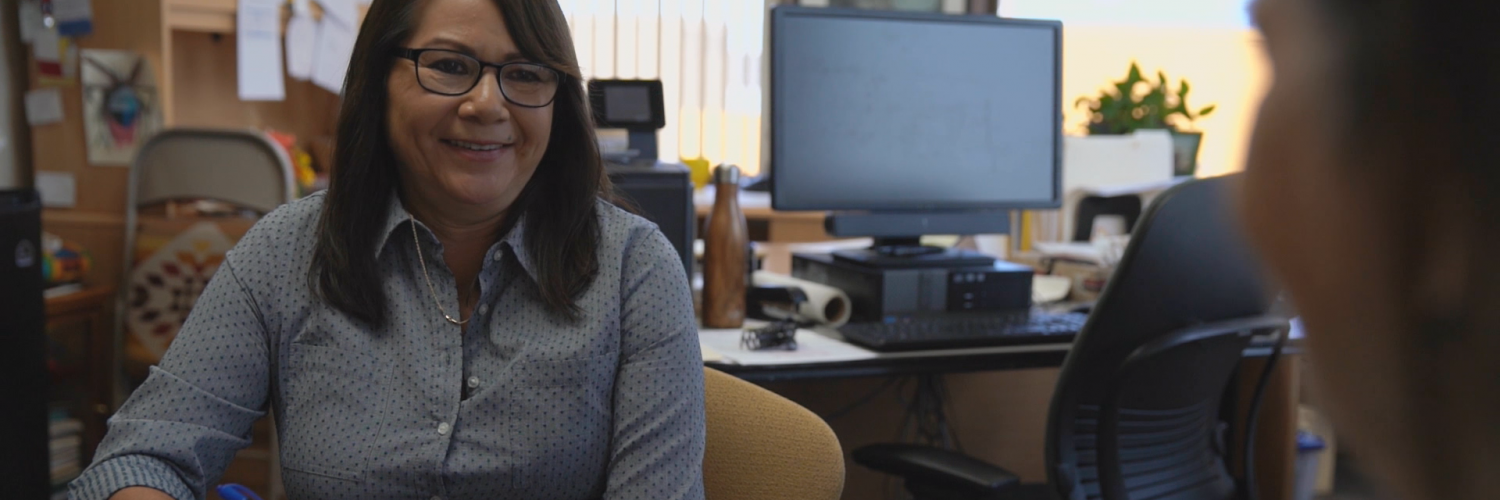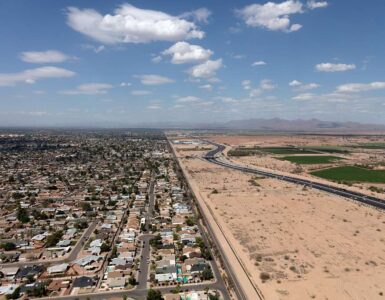As the Covid-19 vaccine rolls out, the long-term health and economic impacts from the pandemic will continue to be felt for months to come, particularly in Arizona’s Native American communities.
To help, Bank of America has directed more than $13 million to tribal nations in Arizona and the U.S., which were disproportionately impacted by the coronavirus. A main goal is to improve racial equality and opportunity, said Benito Almanza, the bank’s Arizona market president.

“The historic, systemic challenges our Native American communities struggle with were further exacerbated by the ongoing pandemic,” Almanza said. “There is an urgent need to invest in tribal and native-owned small businesses, healthcare and jobs development to mitigate some of the enormous economic and health risks these communities face, on and off reservation lands.”
Arizona is one of three states with the largest Native American population. The largest tribe, the Navajo Nation, lies mostly in Arizona. The Navajo Nation and other tribes are benefiting from the funds including the White Mountain Apache, San Carlos Apache, Tohono O’Odham and Pascua Yaqui.
Investing in Native-owned banks, career pathways part of funding mix
The funds are a mix of capital investments into Native-owned banks to help finance healthcare facilities and businesses as well as grants to nonprofits and institutions addressing the health, hunger and jobs-related needs in these communities. Bank of America also has programs for low interest loans to help business owners.

In Arizona, the bank directed $865,000 to local organizations such as Native Health, Native American Connections, St. Mary’s Food Bank, United Food Bank, Community Food Bank of Southern Arizona, and funds to help educational completion and career pathway programs for Native American students with Mesa Community College and Mesa-based United National Indian Tribal Youth.
Among the funds was $10 million to Native American Bank, the only national American Indian-owned community development bank in the country, to provide capital for small businesses, consumer lending needs, affordable housing, and community facilities such as schools and healthcare clinics.
Part of bank’s commitment to advance racial economic opportunity
Funding for capital investments into Native American Community Development Financial Institutions and workforce pathways for Native American students is part of the bank’s overall efforts to advance economic opportunity and racial equality.
According to the National Congress of American Indians, many Native Americans experience lower life expectancy, lower educational achievement levels, high unemployment rates and are among the poorest populations in the U.S.
The prolonged pandemic has exacerbated the need for critical services and support for this vulnerable population, Almanza said.
The Navajo Nation, for example, has experienced more coronavirus cases per capita than nearly any other place in the U.S., and during the height of the pandemic the rate of infection among the Navajo people was more than eight times the overall rate in New Mexico alone.
“Now more than ever, there is a tremendous need for more investment in and resources for Native American communities,” Almanza said.
Bank commits $1 billion to improve racial economic equity
The funding is part of an overall commitment made by the bank last year to direct $1 billion in funding over four years to advance racial equality and economic opportunity. To learn more about the bank’s efforts, visit: Making an impact
















Add comment